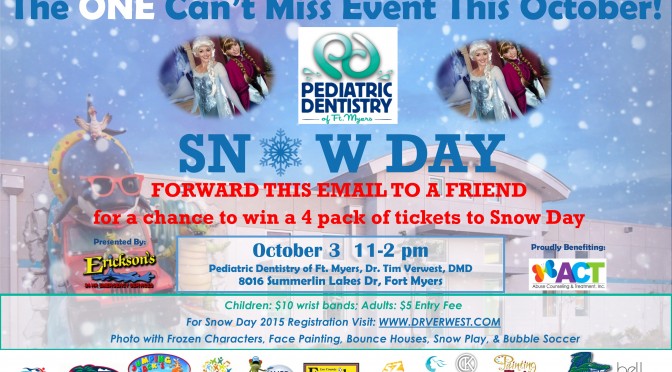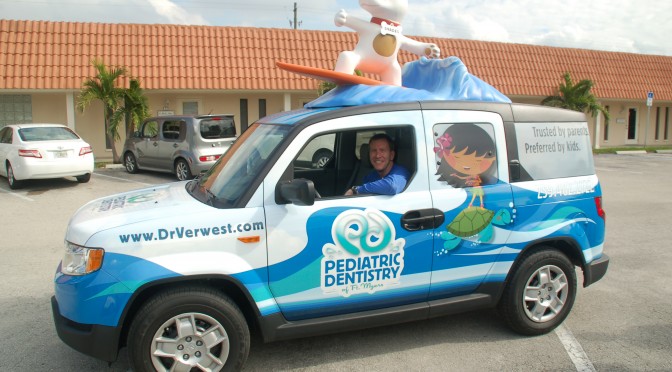
Local Dentist Recognized as America’s Best Dentist for 2016
The National Consumer Advisory Board has named Pediatric Dentistry of Ft. Myers, Dr. Tim M. Verwest, DMD one of America’s Best Dentist for 2016. Selections[…]
Brace Yourself! Does My Child Need Braces?
For some children, getting braces is something they actually look forward to. For other children, there is a lot of fear and concern. Making the[…]
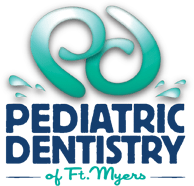
8 Great Tips for Taking Care of Your Children’s Teeth
1. Remember, a child’s dental care begins before birth. A child’s teeth form between the third and sixth month of pregnancy. An expectant mother must practice good[…]
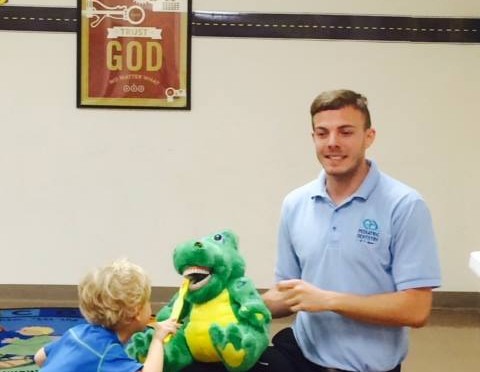
Motivating Kids to Care for Their Teeth
We can teach children how to brush their teeth, but convincing them to do it is another story. We talk to people all of the[…]
TIMELINE: Keeping Your Child’s Teeth Healthy
Baby teeth DO matter! Unfortunately, many parents assume since baby teeth will eventually fall out anyway, it’s not essential to care for them. But that’s[…]
The Tooth-y Two’s: How to Care for Your Toddler’s Teeth
Ahhh, the terrific two’s. (That is the saying, right?) By now your child is sprouting some pearly whites, you’ve already been in to see the[…]
The #1 Key to Your Child’s Oral Health
Children today have a much better shot at a lifetime of good oral health than their parents did simply because of the recent improvements in[…]
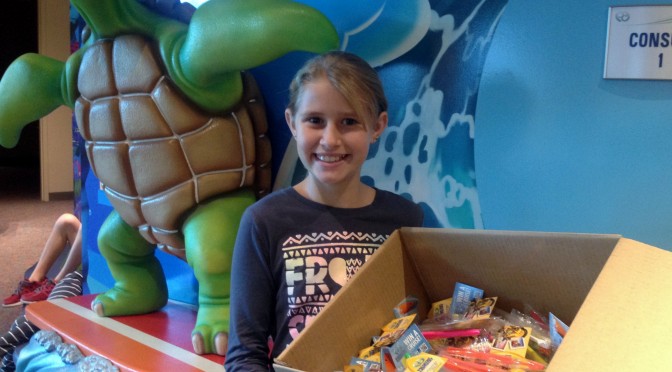
Pediatric Dentistry of Ft. Myers donates to Tropic Isles Elementary
FORT MYERS, Fla. (January 16, 2015) – Pediatric Dentistry of Ft. Myers, Dr. Tim Verwest, DMD donated 100 toothbrushes to Tropic Isles Elementary community problem[…]
The Psychological Consequences of Bad Teeth
It’s easy to see the physical benefits of good teeth – proper chewing (which allows for a good diet), sleeping well (without chronic pain from[…]

